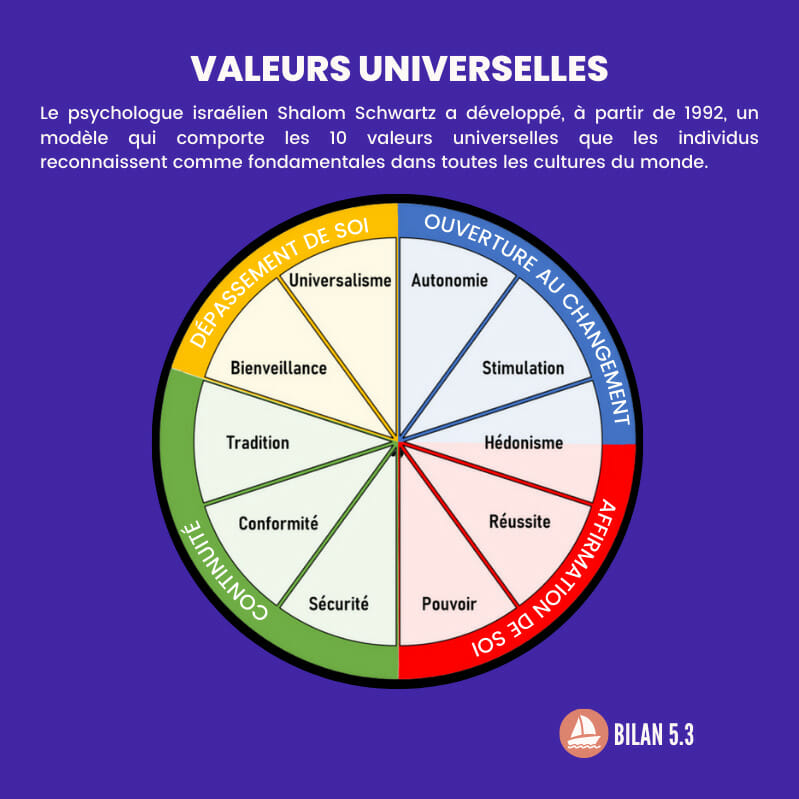According to a recent study, job instability at the start of a career has long-term consequences for psychological well-being.

- 18.5% of 15-24 year olds in Europe were out of work at the start of 2021
- This precariousness increases the risk of psychological disorders
- The situation of young people is likely to worsen due to the consequences of the health crisis
18.5% of 15-24 year olds were unemployed in Europe at the start of 2021. Spain is one of the most affected countries: more than 40% of young people there are unemployed. And the health crisis is likely to further worsen these figures in the months to come. Scientists have worked on the consequences of this inactivity on mental health. In a study published in BMJ Openthese three researchers from Barcelona, affiliated with the Center for Occupational Health Research, explain that precariousness and instability are harmful to long-term mental health.
Trace the past of the participants
To reach this conclusion, they created a cohort of participants: aged 18 to 28 and residents of Catalonia. Each of them had already been absent from work once due to psychological problems between 2012 and 2014. They provided information on their professional background. “It is a new approach to assess how transitions between different types of contracts, periods of unemployment and work and the temporary loss of social security can affect the evolution of mental health in young workers entering the market. work“, analyzes Mònica Ubalde-Lòpez, coordinator of the research. Together with her team, she used statistical tools to assess the professional stability of the respondents. “This allowed us to have a photograph of the last ten years of career“, emphasizes Amaya Ayala-Garcia. Four standard models have been defined: stable and permanent work, increased stability, unstable employment with different types of contracts and finally late entry into the labor market. “To determine the severity of mental disorders, we measured the number of cumulative days of absence related to mental disorders over the last three years.“, she adds.
The threat of Covid-19
According to their results, a precarious situation increases the risk of absenteeism linked to psychological disorders. On the other hand, the more the professional situation stabilizes, the more the number of days of absence for these reasons decreases. Despite this positive development over the long term, scientists remain measured. “Job insecurity among young people can be seen in temporary employment and unemployment ratesthey point out. However, they have greatly increased with the Covid. ” Seasonal jobs, student jobs or first jobs: all have been more difficult to find since the start of the health crisis, yet they particularly concern young people. According to the conclusions of these researchers, it is necessary to put in place policies public health to reduce the risk of long-term absenteeism.

.















